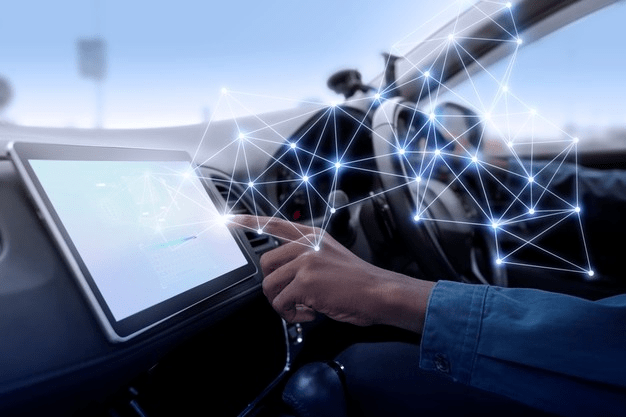
UK Grocery Inflation Eases to 5% in August 2025
UK grocery inflation eases to 5% in August 2025, showing slight relief. Consumers shift to value shopping as branded items rise and dining out declines.

Researchers have developed a new wound warning system for vehicles that use artificial intelligence for learning from thousands of real traffic situations. The system study was conducted in cooperation with the BMW Group. The results indicate that if used in today’s self-driving vehicles, it can warn seven seconds in advance of the potentially critical situations that cars cannot handle alone – with over 85% accuracy.
Self-driving cars may be good in the future. Yet, their development efforts often rely on the sophisticated models aimed at giving cars the possibility of analyzing all participants in traffic. But what happens if models are not yet capable of dealing with some compound or unforeseen situations?
Thanks to artificial intelligence (AI), the system can learn from past situations and experiences where self-driving test vehicles are pushed to their real-world road traffic limits. Cases where a human driver takes over—either because the car signals the need for an intervention or because the driver chooses to intervene for safety reasons-are real-world scenarios.
The technology uses cameras and sensors to capture the surrounding conditions and status data for vehicle recording such as steering wheel, road conditions, time, speed, and visibility. Based on a recurrent neural network (RNN), AI is used to identify data patterns. Suppose the system spots a pattern in a new driving situation that the control system was unable to handle in the past. In that case, an advance warning will be given to the driver during a possible critical situation.
Researchers tested the technology with BMW groups and its autonomous development vehicles on Public roads and analyzed about 2500 situations in which the driver had to intervene. The study showed that AI could predict potentially critical situations with better than 85 percent of accuracy – up to seven seconds before they appear.
For the technology to work at its full potential, large quantities of data are needed. Besides, AI can only recognize and predict experiences within the system if the situations were previously seen. With a large number of development vehicles on the road, the data was practically generated. Each time a potentially critical situation appeared on the test drive, they end up with a new training example. Central data storage allows all vehicles to learn from all data recorded throughout the fleet.

UK grocery inflation eases to 5% in August 2025, showing slight relief. Consumers shift to value shopping as branded items rise and dining out declines.

Zelenskiy–Trump summit boosts markets as equities rise and the dollar steadies amid growing peace hopes. Investors await Fed insights at Jackson Hole for further direction.

Statistics Canada is investigating an accidental early release of June manufacturing data, raising concerns over data governance and market integrity. The agency has launched an internal review to strengthen its publishing protocols.

Investor confidence in France is deteriorating as political gridlock and budgetary uncertainty deepen.

June 09, 2025: Canada will host the 50th G7 Summit from June 15 to 17 in Kananaskis, Alberta, amid heightened global tensions and economic rifts.

May 30, 2025: Canada’s economy expanded at an annualized rate of 2.2% in the first quarter of 2025, outperforming the market forecast of 1.7%.

At seventeen, Professor Richard Rose stepped into a world few adults dare to navigate: the world of children fractured by trauma. He wasn’t a clinician then, nor a scholar. He was simply a young man with a heart tuned to the quiet ache of others.

Following a distinguished Law Enforcement career Joe McGee founded The Securitatem Group to provide contemporary global operational specialist security and specialist security training products and services for private clients, corporate organisations, and Government bodies. They deliver a wide range of services, including complete end-to-end protection packages, close protection, residential security, protection drivers, and online and physical installations. They provide covert and overt investigations and specialist surveillance services with a Broad range of weapons and tactical-based training, including conflict management, risk and threat management, tactical training, tactical medicine, and command and control training.

Jay Wright, CEO and Co-Owner of Virgin Wines infectious energy, enthusiasm, passion and drive has been instrumental in creating an environment that encourages talent to thrive and a culture that puts the customer at the very heart of every decision-making process.

Fabio de Concilio is the visionary CEO & Chairman of the Board at Farmacosmo, a leading organization dedicated to mental health and community support services. With a deep commitment to identifying and meeting customer needs, Fabio ensures that high standards are maintained across the board.

Leave us a message
Subscribe
Fill the form our team will contact you
Advertise with us
Fill the form our team will contact you